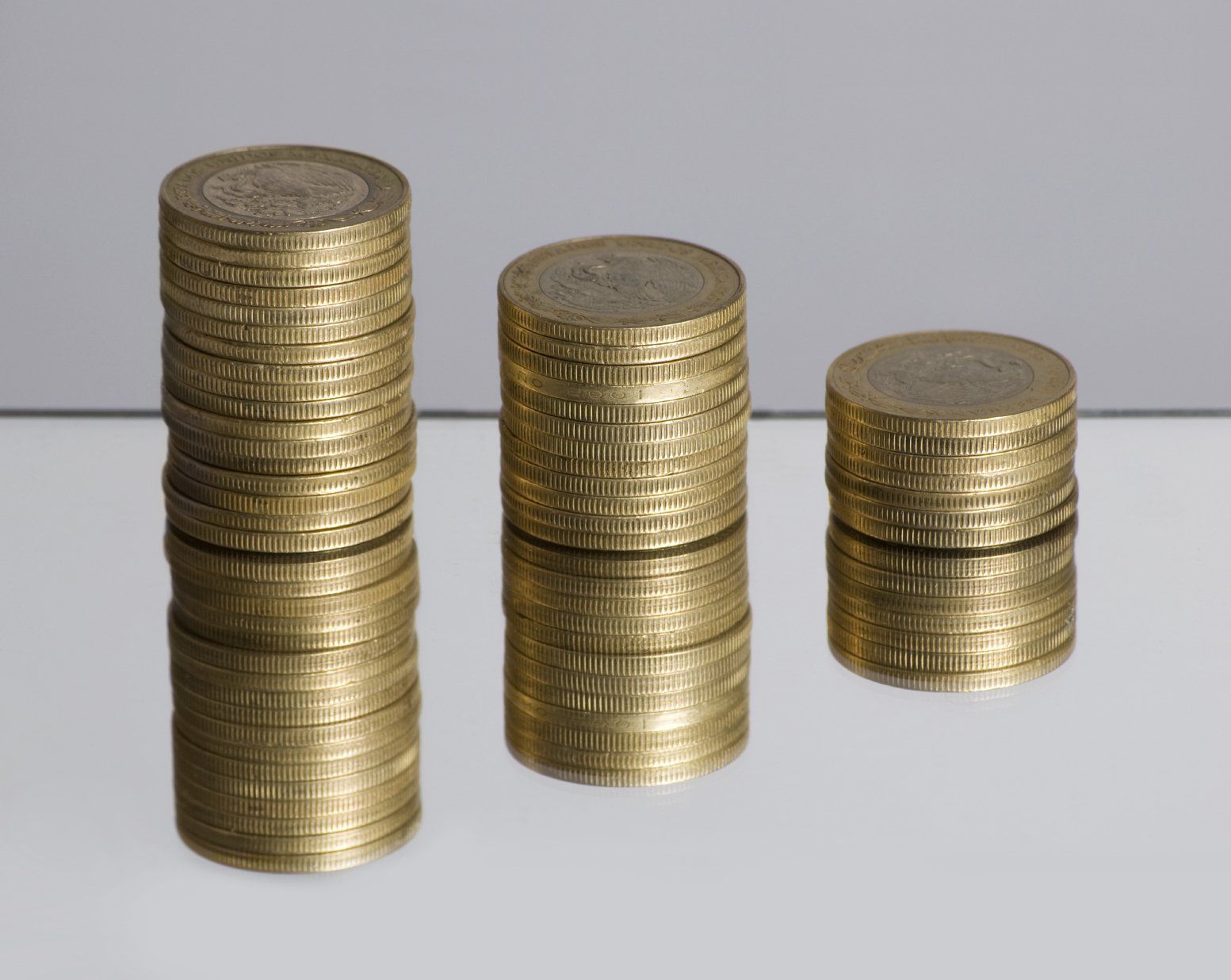Omnis - Weekly update

- US: STOCKS RALLY TO RECORD HIGHS AMID RATE CUT EXPECTATIONS AND AI OPTIMISM 3 4 Most major U.S. stock indexes finished the week higher ahead of the Federal Reserve’s September 16-17 monetary policy meeting, at which the central bank is widely expected to lower short-term interest rates. Enthusiasm surrounding the ongoing artificial intelligence (AI) boom supported by Oracle’s announcement of a substantial guidance increase amid several large new AI deals - also helped lift major indices. Consumer price growth accelerated in August, according to data released by the Bureau of Labor Statistics (BLS) on Thursday. The agency’s consumer price index (CPI) data showed headline prices rose 2.9% year over year in August, an increase from July’s reading of 2.7%. Core CPI, which excludes food and energy costs, rose 3.1% over the same period. The BLS also reported that its August producer price index (PPI), a separate measure of inflation that gauges price increases at the wholesale level, unexpectedly decelerated to a 2.6% year-over-year increase versus 3.1% in the prior month
- JAPAN: EQUITIES RALLY ON IMPLEMENTATION OF TRADE DEAL WITH THE U.S. Japan’s stock markets rose over the week, with the Nikkei 225 Index gaining 0.70% and the broader TOPIX Index up 0.98%. Japanese auto shares were boosted by the U.S. officially implementing a trade deal with Japan reached in July, which caps tariffs on most Japanese goods, including autos, at 15%. In exchange for lower tariffs, Japan agreed to investments of USD 550 billion in the U.S., as well as granting U.S. producers greater access to many of its markets, including for rice and other agricultural products. The yield on the 10-year Japanese government bond hovered near 17-year highs midweek on political uncertainty, with Prime Minister Shigeru Ishiba facing calls to step down.
CHINA: BULLISH SENTIMENT AMONG RETAIL INVESTORS DRIVES EQUITIES HIGHER Mainland Chinese stock markets rose as bullish sentiment among retail investors persisted. Ample domestic liquidity - as opposed to improving corporate earnings or economic data - has fuelled a rally in China’s stock markets since April as cash-rich households seek higher returns amid low interest rates and a lack of better investing options. Recent advances in artificial intelligence have also boosted sentiment. On the economics front, data showed that deflationary pressures continue to weigh on China’s economy. The producer price index fell 2.9% in August year on year, marking the 35th straight month that the gauge has remained in negative territory, but narrowed its decline from July’s 3.5% drop.
EUROPE: EUROPEAN STOCKS RISE AMID EXPECTATIONS THAT THE U.S. FEDERAL RESERVE IS POISED TO LOWER INTEREST RATES Major stock indexes rose for the week, with Italy’s FTSE MIB climbing 2.30%, France’s CAC 40 Index advancing 1.96%, and Germany’s DAX adding 0.43%. The European Central Bank (ECB) held its key deposit rate at 2%, as expected. ECB President Christine Lagarde reiterated that the Eurozone was “in a good place” with inflation at 2%. The central bank also slightly raised its forecasts for inflation and economic growth this year, which financial markets interpreted as a signal that the current rate-cutting cycle was over. The ECB now projects 2.1% inflation in 2025 and 1.7% in 2026 and expects the economy to expand 1.2% this year compared with its previous estimate of 0.9% growth.
UK: UK EQUITIES GAIN FOR THE WEEK DESPITE DATA POINTING TO A STALLING ECONOMY The UK’s FTSE 100 Index gained 0.82% for the week, despite data pointing to a stalling economy in July. Equities were lifted by expectations that the U.S. is likely to cut interest rates this month. UK gross domestic product (GDP) was unchanged in July, after growing 0.4% sequentially in June. Services and construction expanded marginally, but broad-based weakness in manufacturing - which shrank a greater-than-expected 1.3% month over month - offset the gains. The rolling quarterly rate slowed to 0.2% from the prior 0.3%. Chancellor Rachel Reeves has made growth her “number one mission”, but the economy has lost momentum in recent months.









